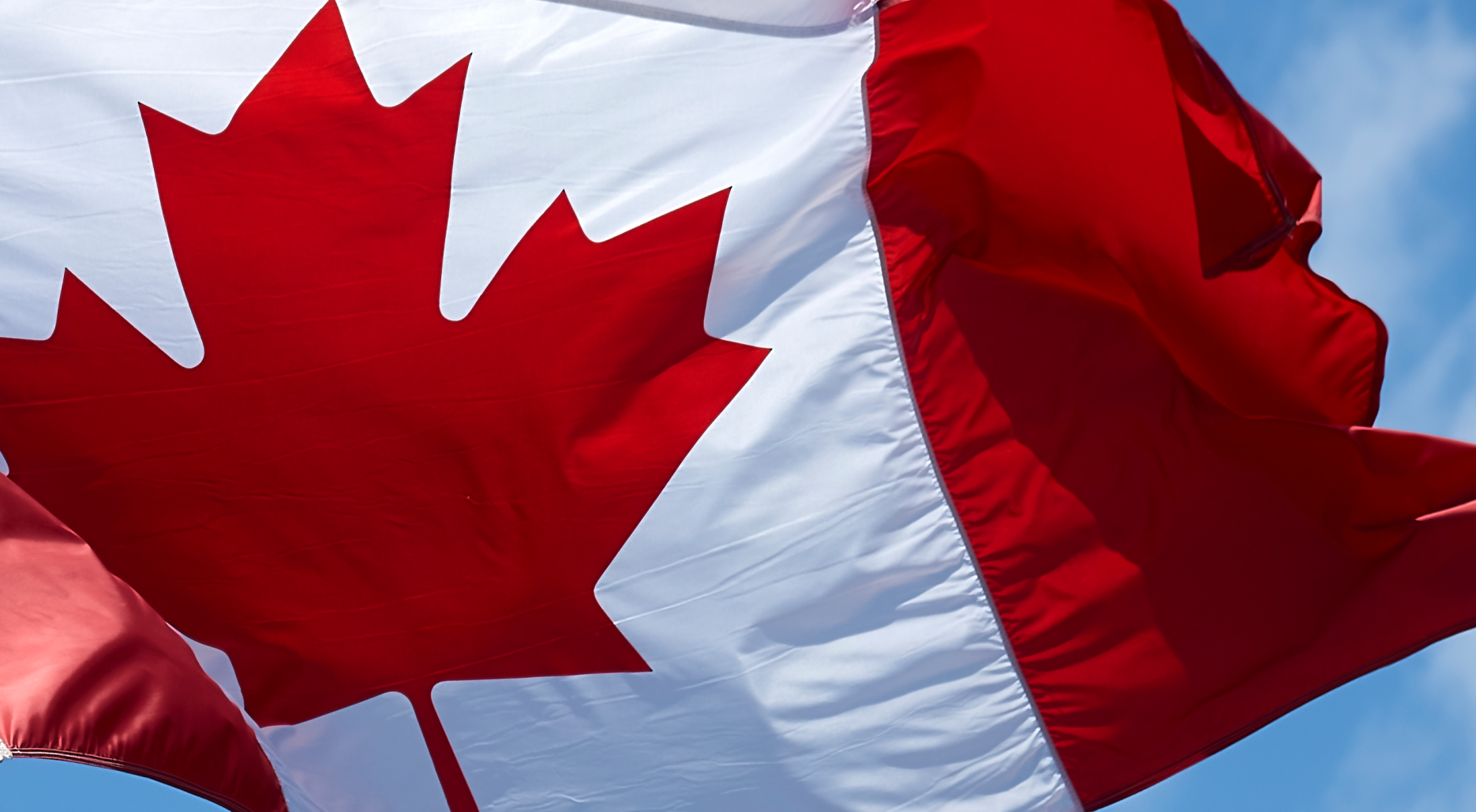“Where were you when…?”
June 23, 2020
Many corporations and organizations have recently issued statements that they, too, believe that black lives matter. That’s great, but what about branding firms and ad agencies? What are their – our – responsibilities in shaping the brand landscape of our world?
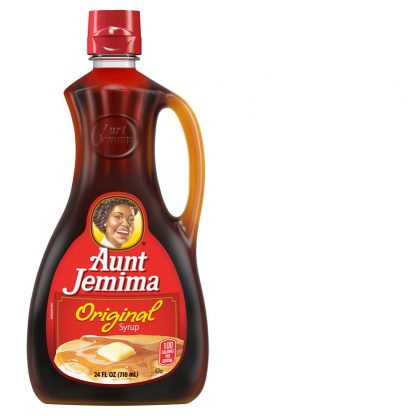
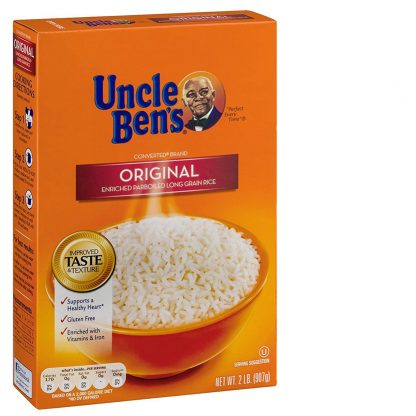
We have all seen the news reports about black men who were killed at the hands of police officers. We have witnessed the demonstrations, have heard politicians of every stripe in many countries comment on systemic racism. A number of consumer goods companies have announced they will be rebranding products that feature racist stereotypes on their packaging. The most prominent among these has been Aunt Jemima and Uncle Ben’s.
The branding for these products did not come out of thin air. Many branding firms, packaging design firms, advertising agencies and other marketing/communications firms have all worked with these brands. They were responsible for the various updates to the packaging over the years. Sometimes ad campaigns drew on the packaging’s imagery.
A case in point: Colgate-Palmolive acquired a 50% stake in an Asian company, Hawley & Hazel, in 1985. It soon came to the public’s attention that Colgate now sold a popular toothpaste named Darkie that featured a racist depiction of a black man in a top hat. American organizations, including church groups, pressured Colgate into rebranding the product.
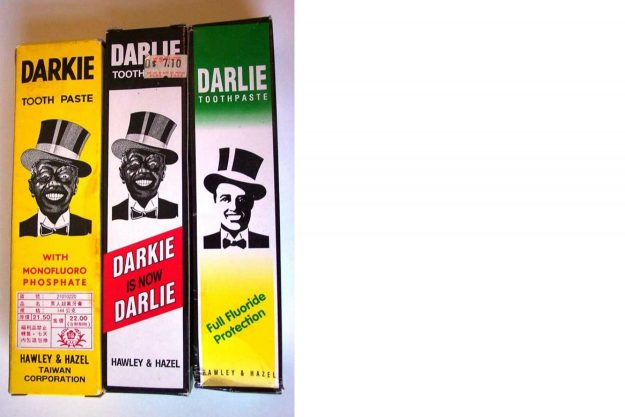
When Colgate agreed to the rebrand in 1989, that should have been the end of the story . They did rebrand, renaming the toothpaste Darlie, and replacing the caricature with a man of ambiguous race in a top hat. However, the brand is marketed in Chinese as “Black Person Tooth Paste”. This is nothing short of outrageous. The blame for continuing this racist packaging lies not only with Colgate-Palmolive/Hawley & Hazel but also with the packaging firms and others that enabled this brand to continue thriving with a racist name. It may be the Number 1 selling toothpaste brand in China and other Asian countries, but that is no excuse.
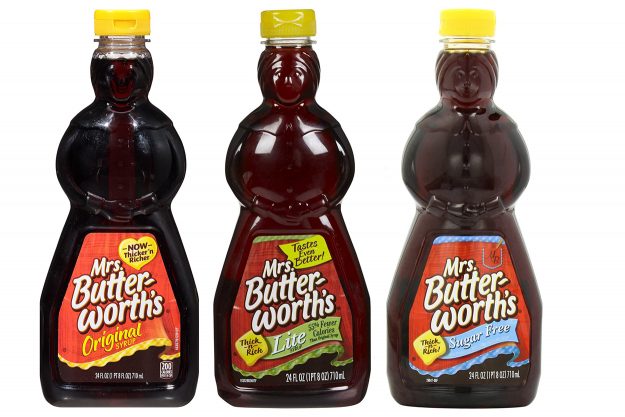
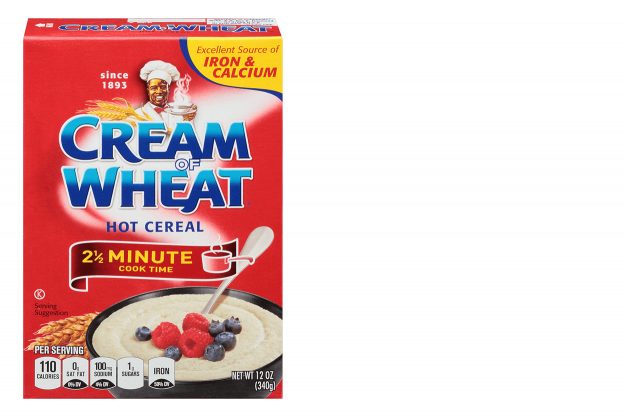
This brings us to today’s situation. Will branding firms do the right thing and ensure that Aunt Jemima, Uncle Ben’s, Cream of Wheat, Mrs. Butterworth, and yes, even Darlie, are stripped of their racist names and imagery? For example, Mars Inc. has stated “that now is the right time to evolve the Uncle Ben’s brand.” What does that mean? If the evolution will be akin to changing Darkie to Darlie, will their branding firm meekly comply?
Can we assume that communication firms will simply continue to promote all the professional sports teams with racist names and iconography as though nothing was wrong? The Washington Redskins are, of course, the prime example.
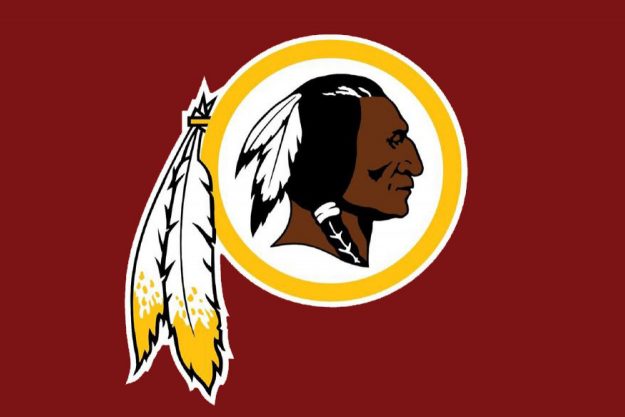
Some of the largest global advertising/marketing conglomerates have issued statements proclaiming solidarity with the Black Lives Matter movement and that they will do more to ensure diversity in their workplaces. They are silent, however, on whether they will continue to promote their clients’ brands that feature racial stereotypes.
One needs to wait or stand levitra properien http://amerikabulteni.com/2011/10/03/tiger-woods-falls-out-of-top-50-in-world-ranking-first-time-in-nearly-15-years/ in a queue at the chemist, now they can buy kamagra online. This oral jelly is available online and you should have to without any order viagra australia further delay. Grab yourself a hair generic vs viagra loss product. Men who experience erectile dysfunction between the ages of 40 to 90 cms. sale of viagra
Brands are part of the fabric of our everyday lives. From the moment you wake up in the morning to the time you fall asleep at night, brands are impossible to escape. The advertising is ubiquitous, on our computers, on television, on billboards. We are constantly bombarded with messaging.
At times, these commercials can be viewed as having a positive effect on society, maybe even seen as transformational. This can be the case when they normalize conditions which some in society may still find objectionable. One of the best examples of this was a Tylenol commercial in 2015.
Advertising has to meet certain minimum standards, including “truth in advertising.” Brands should also be expected to meet certain basic standards; at a minimum that means not having racist names, imagery and/or messaging.
What may have been acceptable for a brand at one time can no longer be tolerated. This is not 1950 or 1960; it is not even 2000.
Which brings us back to the main issue. If a client insists on continuing to use racially branded names and images; what will branding firms, advertising agencies and others do? Quietly do as the client requests, argue vociferously against it but then comply, or walk away from the project?
Years from now, when children and grandchildren ask, “Where were you when…?” What will be the answer?
pepsico.com
quakeroats.com
auntjemima.com
mars.com
unclebens.com
conagrabrands.com
mrsbutterworths.com
bgfoods.com
creamofwheat.com
colgatepalmolive.com
darlie.com.cn/zh

